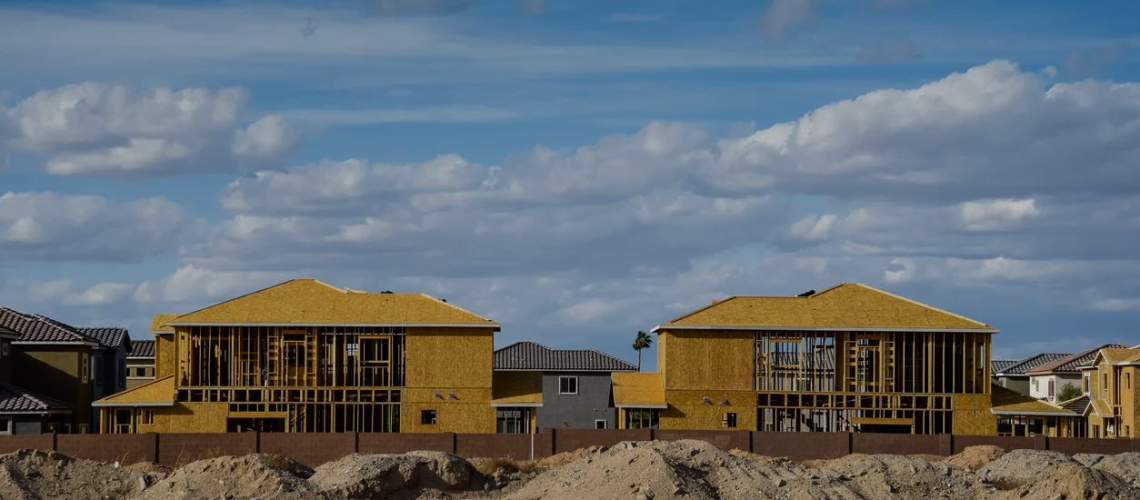- Rising Inflation in the Construction Industry and Disputes Over Hiked Project Costs
Real estate and construction cost inflation during a project affect the project’s profit margins and the contractor’s ability to stay in business. Contractors must manage costs amid a significant inflation rate surge while staying competitive with other contractors bidding for similar jobs.
The way contractors deal with the rising cost of materials, labor costs, and the contract terms in existence determine their success and if they will have a dispute with the client or the employees.
The Sorenson Law Firm understands the various variables involved in the real estate and construction industry. Hiring our competent attorneys to help you draft your contract and represent you in dispute resolution will ensure you protect your bottom line.
Construction Cost Inflation
Construction cost inflation is often vital for promising economic conditions and sustainable economic growth. However, the constant shift in the construction inflation rate makes it challenging for contractors to calculate and track their budget estimation and actual costs. Hence, when entering a contract, you need to factor in these changes—by including an escalation clause.
An escalation clause allows contractors to recover costs due to price increments. The clause typically gives a percentage increase to be effected once a particular cost exceeds it. For instance, you may add an escalation clause that says if labor or material costs increase more than 4% during the project, you can request additional funds from the client. Contractors often face a lawsuit over hiked project costs without an escalation clause.
According to the US Bureau of Labor Statistics, the cost of construction materials increased by 26.7%, and labor costs increased by 5.5% in the first four months of 2022, compared with the previous year’s period. With such a construction inflation rate, contractors can lose significant revenue without a strategic plan.
Causes of Construction Cost Inflation
The ever-increasing cost of construction in recent years has been caused by three main factors: cost-push inflation (rising cost of doing business), demand-pull inflation (demand outweighs supply), and administered prices (fixed by the government). The table below breaks down these factors.
| Inflation Cause | Examples |
| Cost-push inflation | – Rising wage costs
– Increasing material costs, both domestic and overseas – Rising import prices resulting from falling exchange rate |
| Demand-pull inflation | – Positive output gap
– Credit and money boom – Excess aggregate demand |
| Administered prices | – Change in indirect taxes and subsidies
– Increase in environmental taxes – Change in regulated prices |
A change in one factor can cause a spiral effect on all aspects, leading to an unsustainable construction inflation rate. Understanding these variables when entering a real estate and construction contract will protect you from dealing with avoidable disputes.
Dispute Resolution Over Hiked Project Costs
Due to the rising inflation experts predict will not end soon, your project may not always go according to plan. You may have to increase certain costs, resulting in a dispute with the client.
Often, these disputes are resolved via negotiation but can escalate, and you find yourself with a lawsuit. You can resolve a dispute out of court with an Alternative Dispute Resolution (ADR) method, such as:
- Mediation: A neutral third party participates to guide the discussion. They help identify the issue and explore the options available for resolving it. The mediator is not involved in decision-making; the settlement agreement entirely lies with the parties. Mediation can last a day or two or longer, depending on the willingness of both parties to end the matter soon.
- Arbitration: This ADR process is similar to mediation, but the difference lies in the arbitrator’s power over the proceedings. The arbitrator facilitates the discussion, listens to any evidence presented then makes a decision. The outcome of the proceeding is final and binding, and both parties must comply with it.
The advantage of using ADR compared to going to court is that it saves you time and money, the dispute is confidential, and the proceedings are flexible. Whether you choose an ADR method or go to court, The Sorenson Law Firm has experience in the real estate and construction industry to represent you effectively.
Is a Real Estate Contract Binding?
A real estate contract becomes legally binding when all parties sign the agreement, and something of value is exchanged. Before signing, both parties need to agree on the terms. Ideally, one party presents the document (in this case, the contractor), and the client reads through it to ensure that what you discussed is included accurately.
If they disagree with a section, such as the percentage you gave on the escalation clause, they will provide a counteroffer, and you can negotiate until you agree. The contract becomes legally binding after signing it.
The Sorenson Law Firm can help you draft an exceptional real estate contract that exhaustively covers all legal loopholes. In the event of a dispute due to construction cost inflation, we will use our expertise to ensure you receive a favorable judgment.








